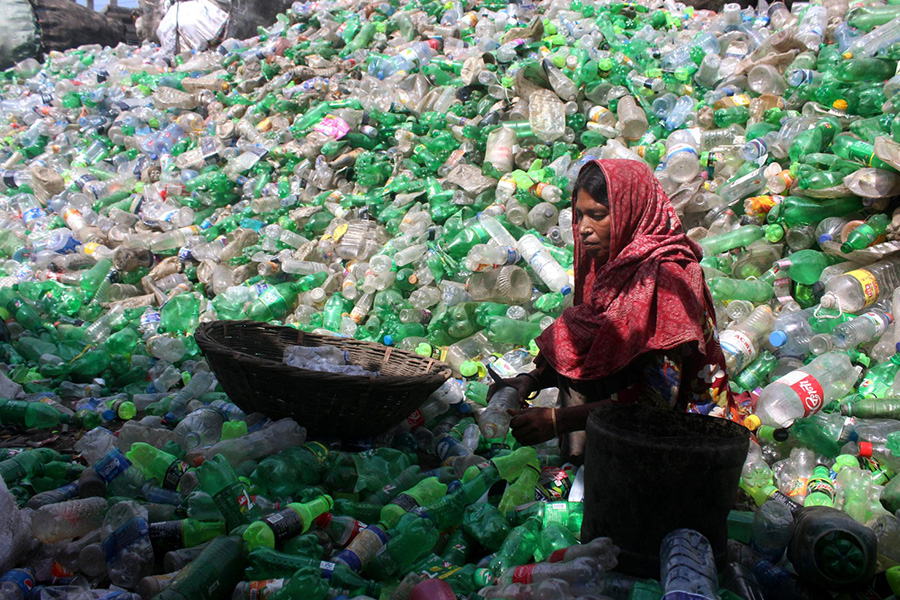
Urban informal waste workers face multifaceted challenges, necessitating inclusive policies to enhance their well-being and socio-economic standing.
Authors
Ashima John, Department of Psychology, CHRIST (Deemed to be University), NCR, Delhi, India
Bhawna Tushir, Department of Psychology, CHRIST (Deemed to be University), NCR, Delhi, India
Akancha Srivastava, Associate Professor, Jindal School of Psychology and Counselling, O.P. Jindal Global University, Sonipat, Haryana, India
Summary
The present study investigates the nuanced experiences of urban informal waste workers, shedding light on the intricate realities shaping their daily lives. Employing purposive sampling, in-depth interviews were conducted, specifically targeting female participants aged eighteen and above, engaged in informal waste work for a minimum duration of one year. A total of ten in-depth interviews were meticulously executed, with recordings subsequently translated and transcribed for thorough analysis. Utilizing Braun and Clark’s thematic analysis method, a comprehensive examination of the data yielded a hierarchical structure comprising codes, sub-themes, and overarching themes.
The central themes identified encapsulate the multifaceted challenges encountered by urban informal waste workers, including Occupational Hardships and Vulnerability, Economic Struggles and Diminished Quality of Life, Commitment to Family, Emotional and Psychosocial Challenges, Appreciation and Acknowledgment of Support Received, Decreased Willingness to seek help, and Aspirations and Hopes for the future. By amplifying the voices of these marginalized workers, this study advocates for the implementation of inclusive policies and interventions tailored to address their diverse needs within the urban milieu. Through its findings, the study aims to cultivate a more compassionate and supportive environment that not only recognizes the invaluable contributions of urban informal waste workers but also strives to enhance their overall well-being and socio-economic standing.
Published in: Human Arenas
To read the full article, please click here.

